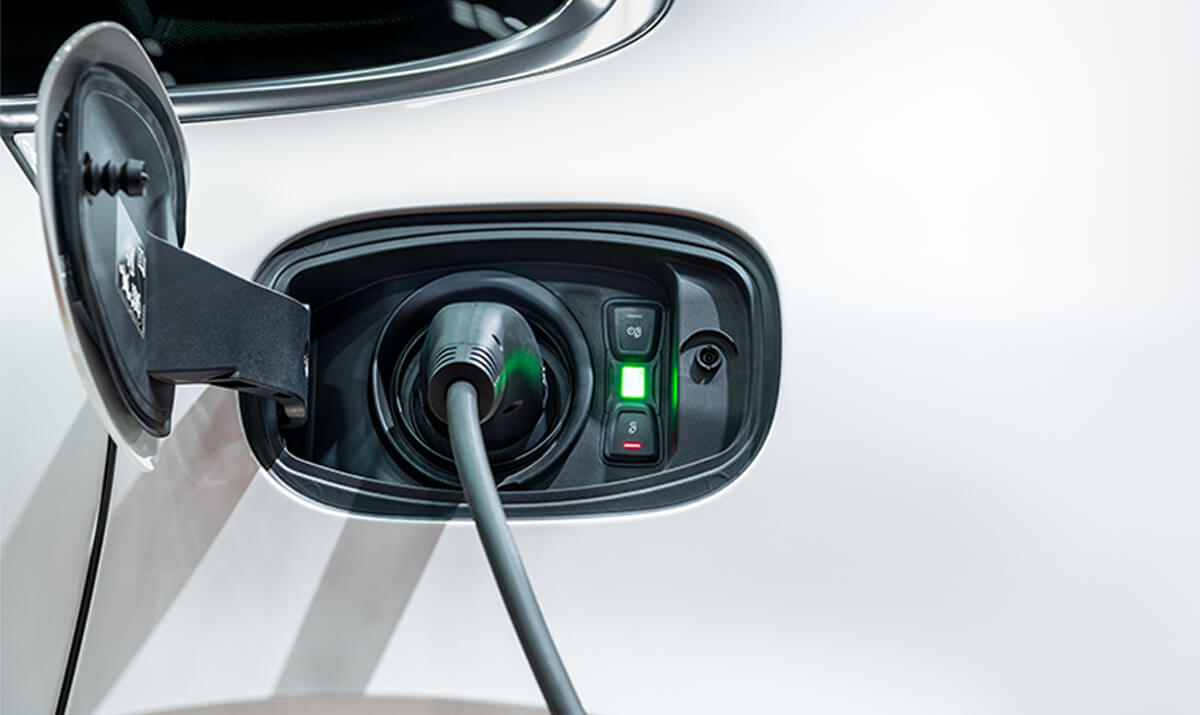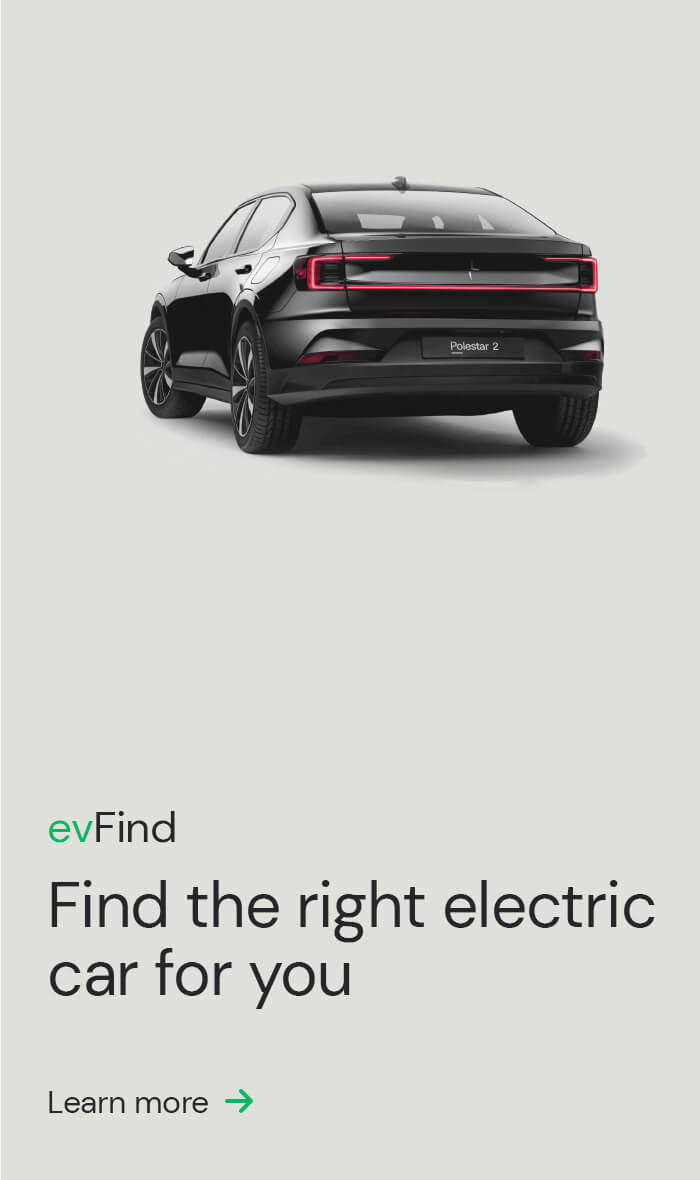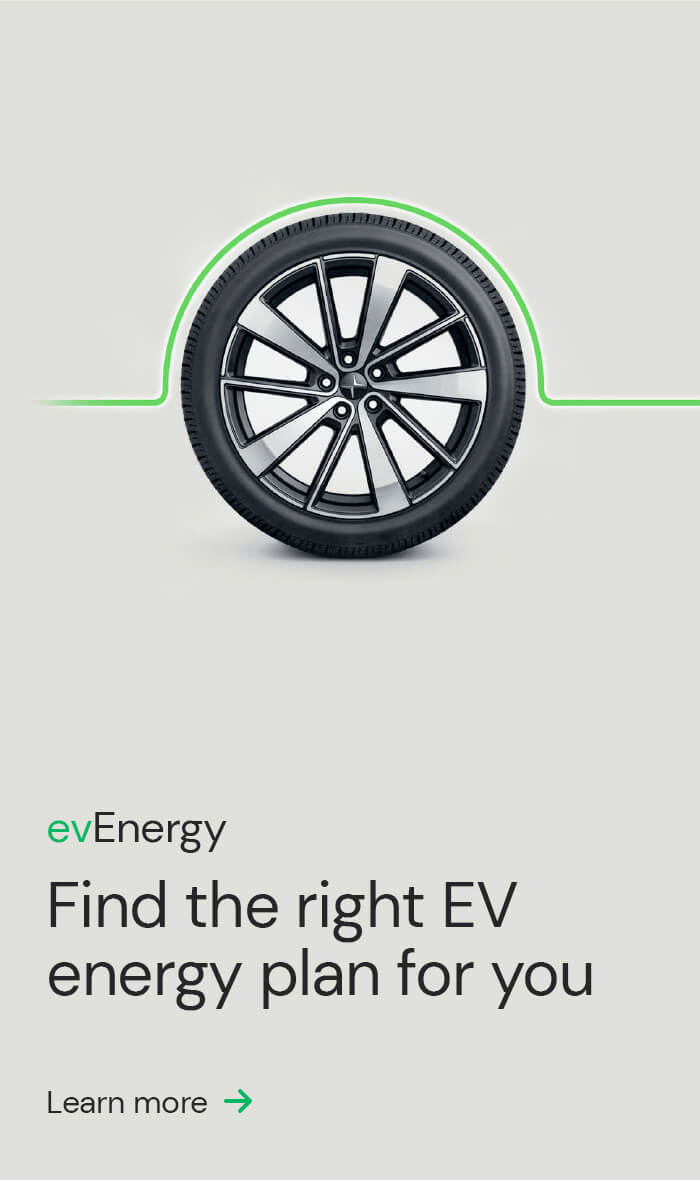An electric car or any appliance that draws electricity from your home supplier will increase your electricity bill. However, making the switch to an EV will reduce your costs over time, especially when it comes to charging it electrically rather than filling it with petrol or diesel.
Discover what you can expect from your electric car bill, and how you can make great savings charging your EV at home.
How much can I expect my electric car energy bill to increase by?
When you buy or lease an EV, it will increase your energy bill. By how much will depend entirely on the following factors:
- The range and efficiency of your EV model.
- How far you drive in a month.
- Your energy supplier’s KWh rate.
- How often you supplement your charging using public charging stations.
Take the popular Nissan Leaf. At a rate of 29.3 cents per kWh, it would cost $11.72 to charge the car’s 40kWh battery and replenish its range of 270km.
The average Australian drives 36.4km a day so a Nissan Leaf’s full range could last about a week. So, as an example, keeping the Nissan Leaf charged would add around $50 a month to your energy bill.
Electric car electricity bill vs fuel costs
Although you can expect your energy bill to increase, this is far outweighed by what you’ll be saving on fuel prices. Petrol costs around $1.90 a litre in the ACT, while electric cars cost the equivalent of 0.33c per litre to charge.
According to Australia’s Electric Vehicle Council, powering an EV works out around 70% cheaper than their fuel-powered counterparts. This is estimated to saving EV drivers, on average, $1600 in fuel costs annually.
How to save money on electric car charging costs
All new EVs come with a Type 2 charger that can be plugged into a domestic socket at home, but these can be slow and less efficient. Investing in buying a rapid wall-mounted charger can also mean high upfront fees.
A cost-effective home charging solution like our evCharge plans offer fast, smart charging options. We manage the entire process for you, from charger selection and arranging installation, with ongoing support, and a lifetime warranty. What’s more, our smart chargers will choose the cheapest times to charge your EV when energy rates are at their lowest.
Summary
- Charging your EV at home will cause your energy bills to go up, but this will be offset by the savings you make by not buying petrol or diesel.
- Charging an EV works out about 70% cheaper than regular cars, saving, on average, $1600 in fuel costs annually.
- Our evCharge plans offer fast, smart charging options with ongoing support and a lifetime warranty.
Are you looking for fast, smart charging solutions? ActewAGL’s evCharge plans offer cost-effective charging options to keep you on the road and fully charged. From charger selection to arranging installation, discover smart, cost-effective options with evCharge today.
If you are considering making the switch to an electric vehicle, ActewAGL can help you find, finance and charge your EV. Discover how at the evHub.
Sources
https://rac.com.au/car-motoring/info/electric-car-charge-cost



